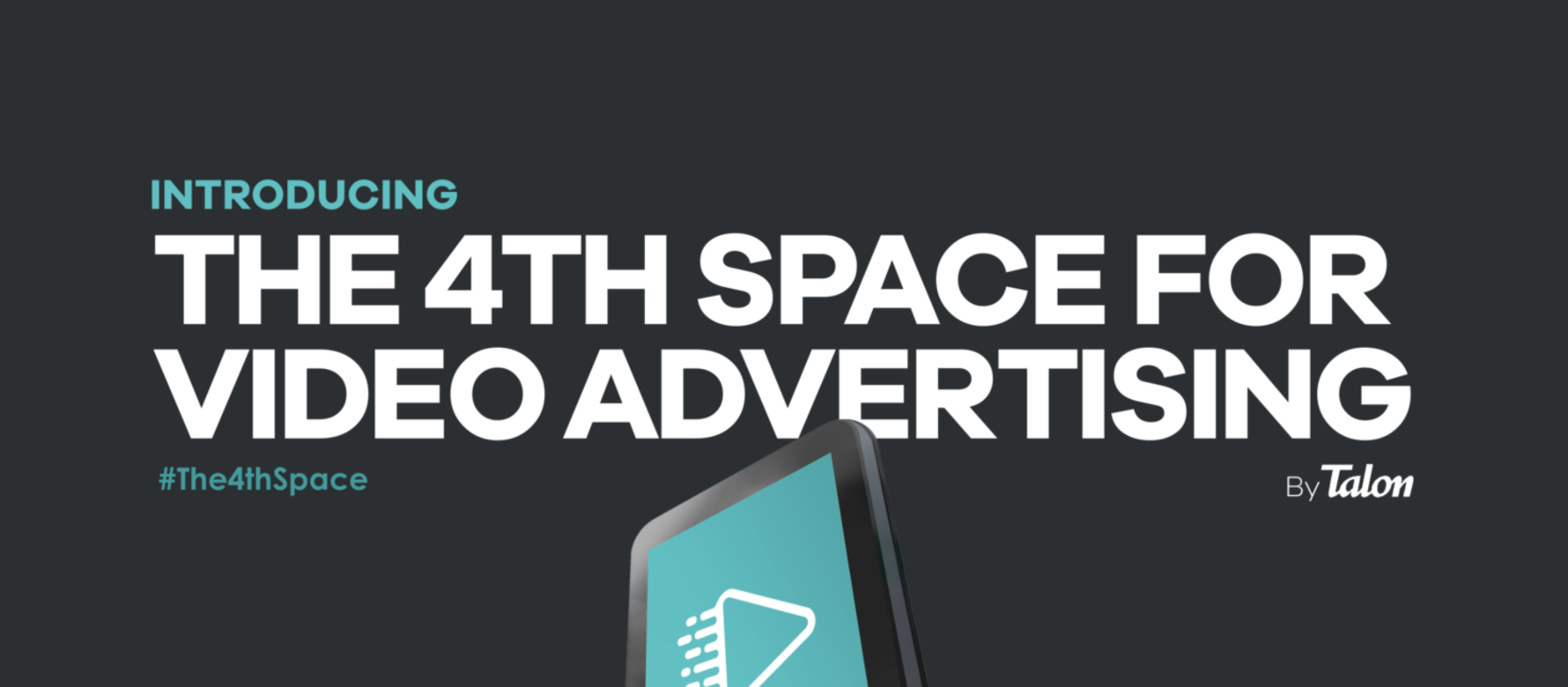Research: 4th Space and Mere Exposure Effect
22 Nov 2018 / Insights
Talon’s The 4th Space and Kinetic’s Mere Exposure Effect, two pieces of research created in collaboration with Clear Channel, have been released in the past month, helping agencies and brands better use out of home.
Talon’s The 4th Space and Kinetic’s Mere Exposure Effect, two pieces of research created in collaboration with Clear Channel, have been released in the past month, helping agencies and brands better use out of home.
The 4th Space piece shows how advertising on social media platforms, combined with full-motion Digital Out of Home, brings a significant incremental benefit to core brand metrics compared to advertising on social media alone.
The uplift was evident right through the brand funnel including brand awareness, emotional response, brand consideration and brand action averaging at a consistent incremental change of +23%.
Brand studies including Virgin Holidays, Pride and a major high street coffee retailer reveal consistent shifts across core brand impact metrics. Where the team measured the incremental effect of full-motion Digital OOH on specific call to action metrics, the increases were most significant and up to +86% shift for one brand.
The effects of adding Full Motion Digital OOH to three social media advertising campaigns were analysed through device-tracking research into brand metrics and footfall. In every instance, OOH added an enhanced effect to those merely exposed to messages on social media.
Kinetic’s research set out to explore the phenomenon of the Mere Exposure Effect – a psychological phenomenon by which people tend to develop a preference for things merely because they are familiar with them – and its impact on advertising, specifically OOH.
With research partner Gorilla in the Room, the team gave 380 people exposure to OOH ads through a VR headset. The virtual environment replicated typical street scenes, featuring incidental ad exposures – just as they would see in the context of natural street life.
After respondents viewed a pre-determined number of exposures, a Mere Exposure Effect measure was used to identify their preferences towards advertising they had seen.
The results showed the expected “wear in” and “wear out” curve, showing the optimal number of exposures the drive maximum preference toward brands.
Find out more about Kinetic’s Mere Exposure Effect research HERE.
SHARE POST
PRESS ENQUIRIES



